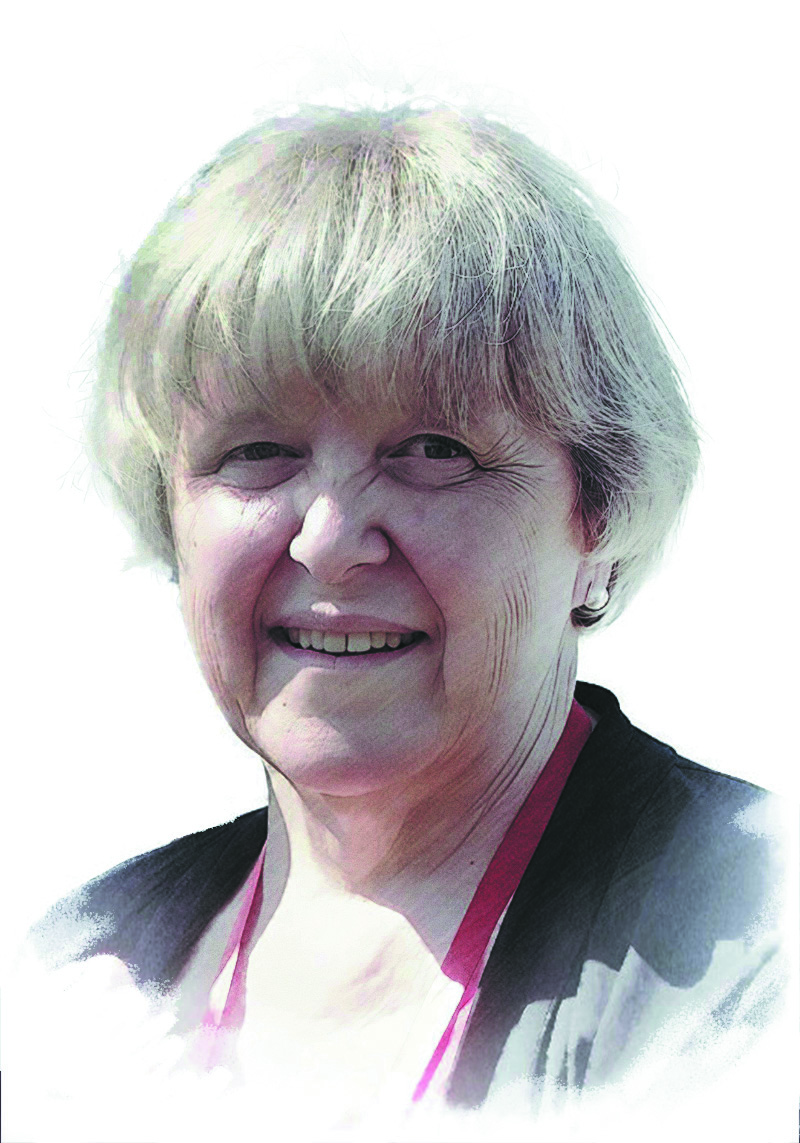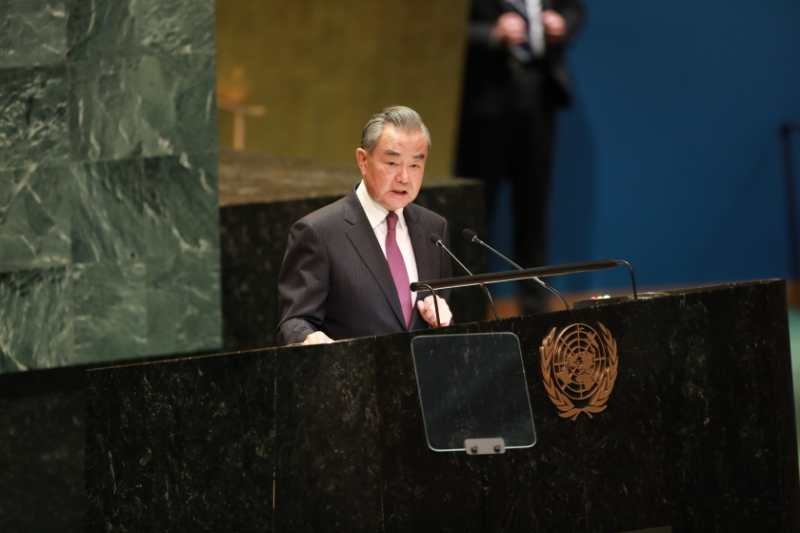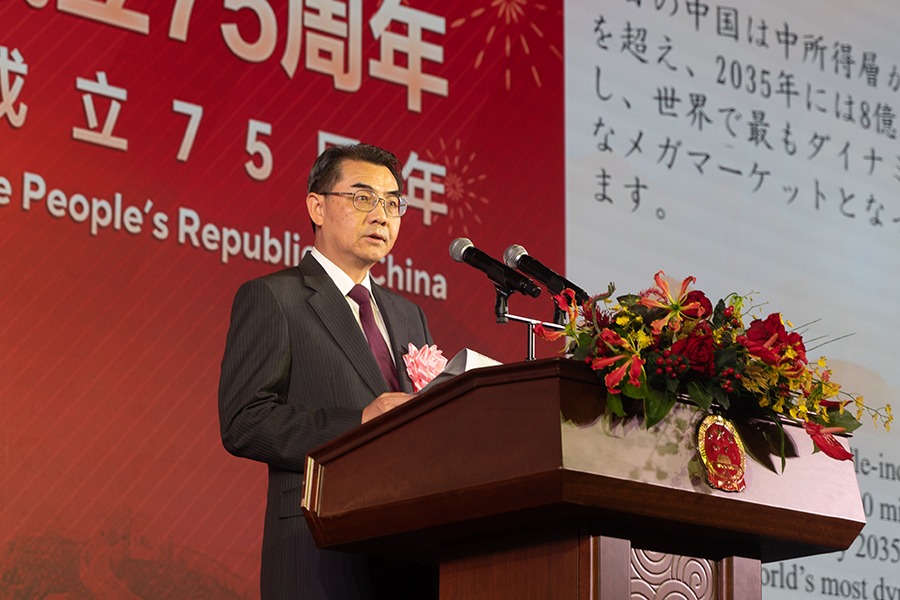Inspiration from the past, vision for the future
China Daily event in New York City brings guest speakers and youth from China and the United States together to share their views of improving bilateral ties






Mountain of memories: Kuliang's legacy brings East and West together
China's Kuliang, nestled in the mountains and shrouded in a light mist, has produced countless stories that span time and distance.
The small town in East China's Fujian province, once a popular summer retreat from the late 1800s until 1949, attracted many foreigners who lived in harmony with the local community generation after generation. "For eight years, it was almost like a treasure hunt," Elyn MacInnis, the consultant for the Kuliang history and culture research organization and also the founder of "Friends of Kuliang", said in a speech on Thursday at the Vision China event in New York.
"We found so many treasures along the way, but especially the discoveries of people from the US and other countries who worked and lived with the Chinese people with understanding and respect.
"Their love and friendship was so deep that it is still echoing in our families to this day," said MacInnis.
After living and working in China for 30 years, MacInnis, who speaks fluent Mandarin, returned one day to Kuliang, the town where her husband, Peter, a descendant of a World War II Flying Tigers member, was born.
Initially, she was merely curious about her husband's family's roots, but as they delved deeper into their research, more and more stories — like those of her own family — began to unfold, through museum archives, newspaper reports, diaries and albums.
"We had no idea where his former cottage was located. The local government came to our rescue, welcomed us, and took us on a tour, starting at the old post office, where we found a map on the wall," she said.
MacInnis found her family's old house, even though it was in ruins, but also found more details about the town, with the help of locals from Fujian and Chinese scholars, who were also are interested in exploring Kuliang. "We had Peter and I, Professor Lin Yinan (an associate professor at East China University of Science and Technology) and his students in Shanghai, and later, we found Guo Qing, who lives there and knows the people and the mountain like the back of his hand," she said.
MacInnis also mentioned that younger-generation students help translate documents. It took her and Peter eight years to search for stories and documents, and now, with the contribution of artificial intelligence, they were able to better identify people in old photos.
"Friendship requires spending time together," she said. MacInnis said that many of the foreign people who summered on the mountain were very committed to their work in China and worked in China for 20, 30, 40 years and generations, as educators, doctors and pharmacists.
Locals and foreigners in Kuliang helped each other by exchanging homegrown vegetables and fruits, sharing the public well for water, building houses and rebuilding after typhoons passed through. Meanwhile, children explored the mountains and trees, MacInnis said.
"The foreigners left the mountain in the late 1940s, but they kept this beautiful place, full of friendship and good memories, in their hearts," she said. "Thank you, Kuliang — thank you, Fuzhou and Fujian, and thank you, China, for giving me this beautiful story to share with you today."




























